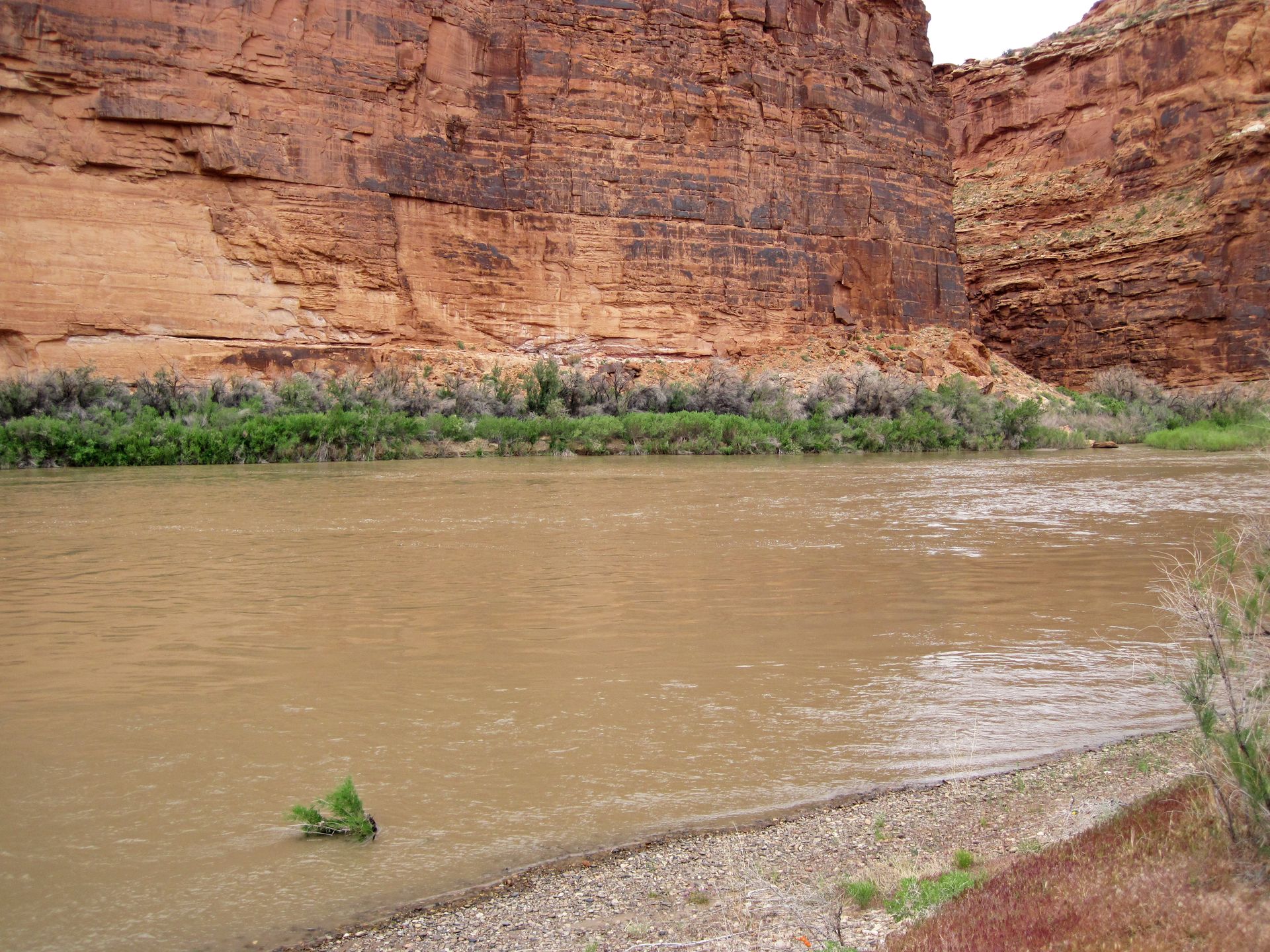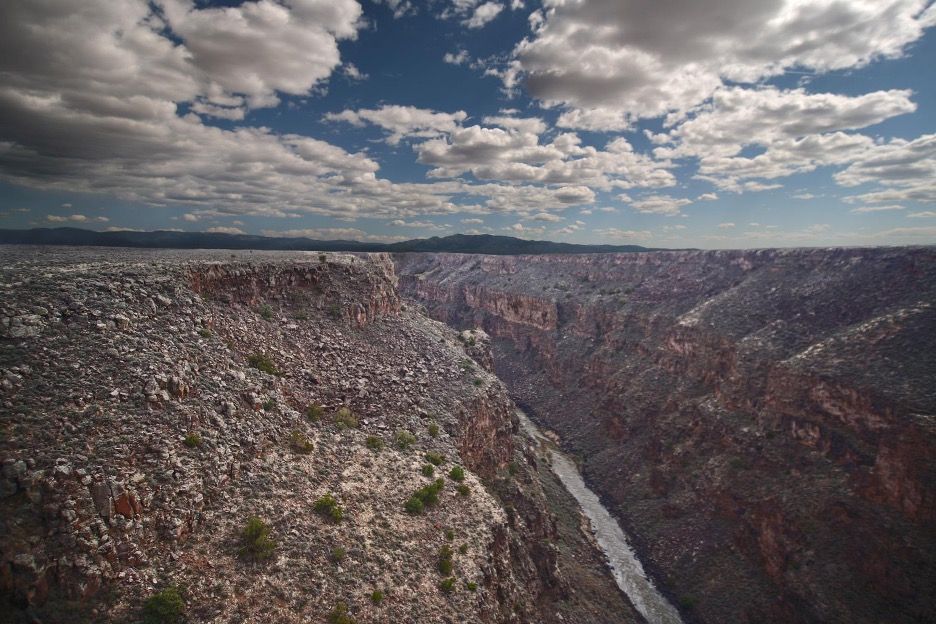Please consider donating to Helene Rebuild Collaborative at hurricanehelenewnc.org.
I arrived in Asheville, NC, on October 5th to assist my longtime friend Sam Iatarola, the CFO of the Helene Recovery Collaborative (“HRC”), in providing disaster relief assistance to greater Appalachia and Western North Carolina.
Sam’s story began with three friends in a pickup truck at hour zero, delivering resources to anyone who needed help in the immediate aftermath of Hurricane Helene. They performed life-saving search and rescue missions, coordinated with other organizations despite the lack of cell service, and established a network of Starlink satellite internet to communities in need.
Within days, HRC was established and grew exponentially, attracting hundreds of volunteers and building a full-time staff of fifteen. As soon as communication was established, HRC’s network expanded from Asheville across Western North Carolina and into parts of Eastern Tennessee. In the chaos of such rapid growth, I was brought on as an administrative consultant to help guide this incredible organization in its mission to rebuild Appalachia. It was an odd combination of experience as an outdoor guide, EMT, law student, and administrator that allowed me to jump into the midst of this relief effort.
While consulting, I had time to witness the full extent of Hurricane Helene's devastation in greater Asheville. It was awful. Hundreds of lives were lost, and thousands of structures were damaged or destroyed—devastation I never imagined could come from a hurricane deep in the Appalachian Mountains. Serious environmental disasters followed the hurricane, PVC pipes were lifted from a pip manufacturer and were embedded in the French Broad River for miles; and a plastics plant spill in Marshall, North Carolina rendered the water and mud so corrosive that it melted the rubber muck boots of our volunteers. When I arrived, about seven days after the hurricane, most of Asheville was still without running water or electricity, as the utilities were either overloaded or destroyed.
Although I was brought in as a consultant, the legal side of my brain was never fully turned off. This disaster will undoubtedly clog North Carolina’s legal system for decades as toxic torts, CERCLA cases, and other legal actions follow the hurricane’s fallout. Burst dams have threatened the region's hydroelectric stability, and there are likely hundreds of evictions, eminent domain, and other housing issues plaguing those affected by the hurricane.
Worse, the disproportionate impact of the hurricane on underserved communities is impossible to ignore. One of my most profound experiences in North Carolina was visiting Swannanoa, a small riverside town that bore the brunt of the French Broad River’s flood. I visited a trailer park where every home was labeled "unsafe," and each lot was now designated a flood zone by Buncombe County. The residents, who already lacked the resources to leave, are now facing a legal battle against the county—a battle they are unprepared to fight and one they likely cannot afford. It will take a team of committed volunteer lawyers to give them the shot they deserve at receiving safe housing. This experience made it painfully clear that the legal system is not designed to address the needs of communities most affected by natural disasters, and those who are already marginalized and underserved are being left out to dry.
Yet, my mind wandered to what I know best: water law. Out West, there isn’t enough water; out East, there’s too much water—a story we hear time and again. As I heard stories of people trading water bottles for food and saw water trucks driving over two hours just to find potable water, the distinction between the two regions became less clear and more tragic. Natural disasters like Helene expose the vulnerabilities in our water infrastructure, leading me to wonder: how would Western water law, particularly prior appropriation, handle a disaster like this? What happens if debris blocks the flow of the Colorado River? How would our systems of ditches cope with a disaster that overwhelms our capacity to irrigate?
At first, I wasn’t sure if disasters on the scale of hurricanes occur out West. But upon reflection, any amount of forest fires, landslides, avalanches, or volcanic eruptions could all substantially threaten significant rivers. How does prior appropriation function when confronted by extreme strains in water supplies–even worse strains than caused by a 20-year megadrought in Colorado? I’m not sure we know, but the Western water regime may be ill-equipped to handle calamities on the scale of Hurricane Helene.
It has been nearly twenty-five days since Hurricane Helene hit North Carolina, and my friends are still delivering resources to the most vulnerable communities. While 95% of Asheville now has non-potable water, many residents in the hollers of Western North Carolina face a winter without heat, running water, or basic sanitation. The suffering from Helene is far from over, but we must study and understand the lessons this disaster offers as soon as possible. "Once in a generation" disasters are now a regular occurrence. How we respond to these lessons and what systems we build to account for a new century of natural disasters is for us to decide.
Zachary Alberts is the Editor-in-Chief of the Water Law Review. His love for the whitewater and community of Western North Carolina inspires him every day.



